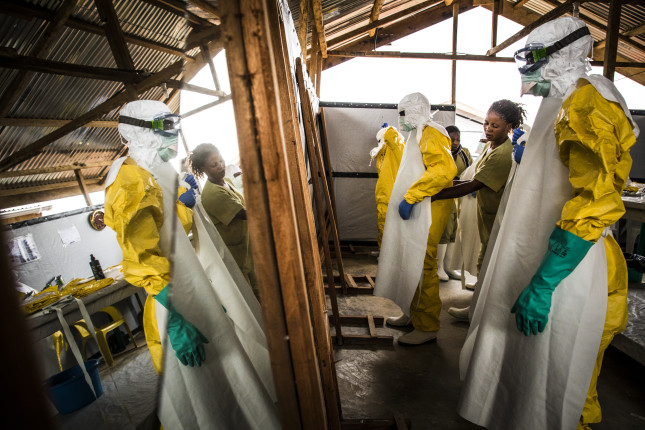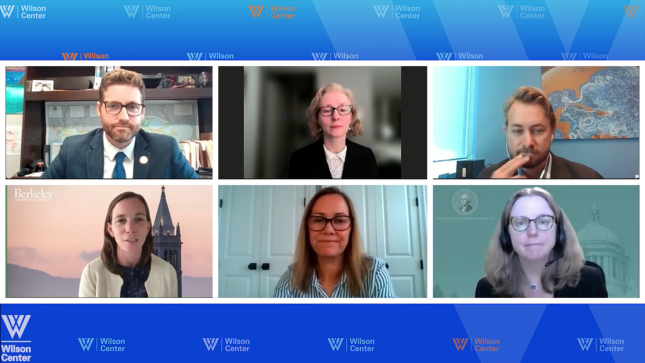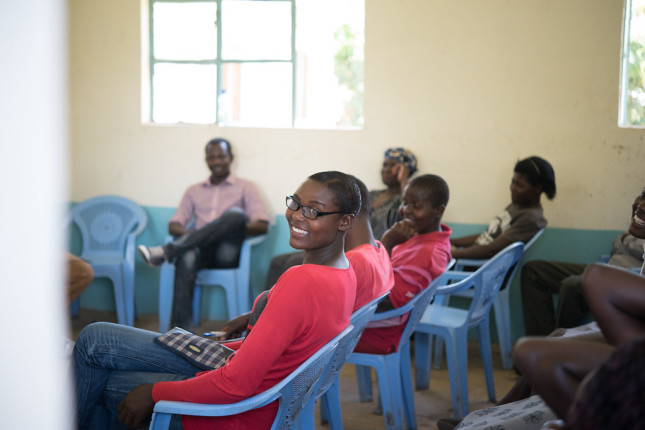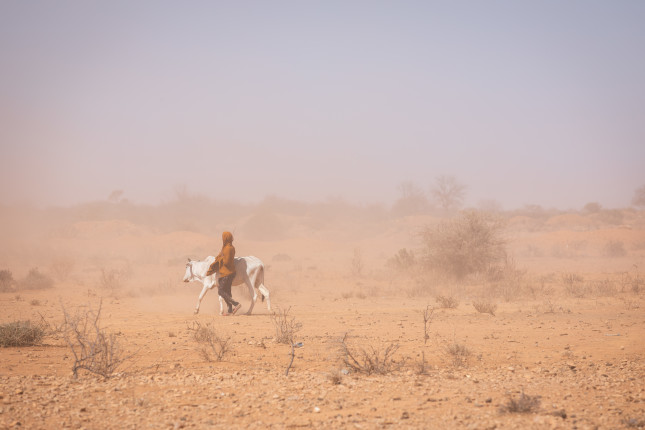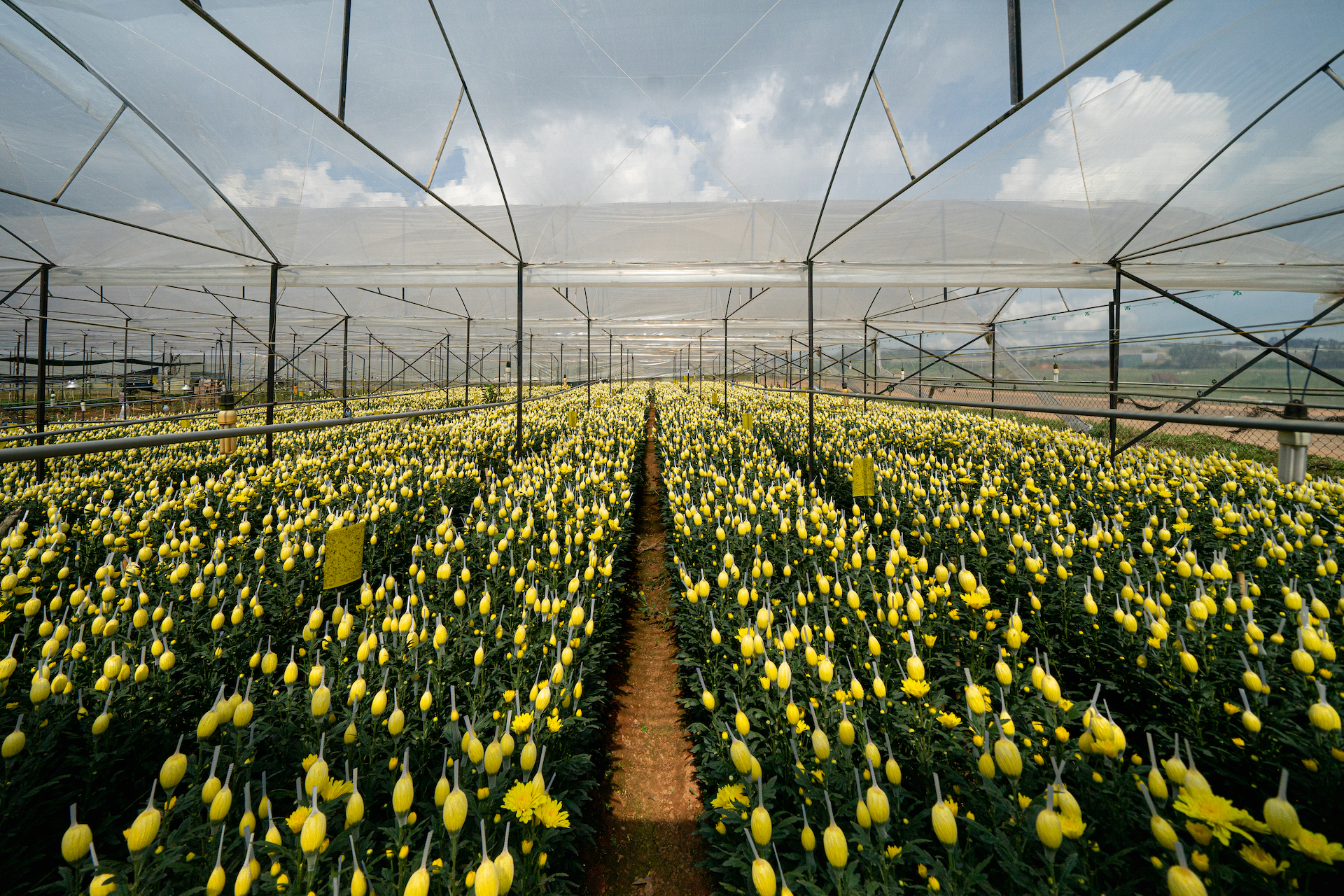-
Responsible Research Won’t Be Enough to Control Solar Geoengineering
›
As climate change worsens, the once-unimaginable power to use technology to cool the planet—a method known as “solar geoengineering”—has quietly entered the realm of possibility. Yet the prospect of developing such planet-altering technologies has launched an intense debate: Can this be achieved responsibly? Should it be attempted at all?
-
World Population Day Shines a Spotlight on Inequities
›
July 11 is World Population Day—a day designated annually by the United Nations that should prompt us, in the words of the International Institute for Sustainable Development, to “focus attention on the urgency and importance of population issues.”
Examining population trends helps describe where we’ve been and suggests where we’re headed. Yet these facts about human existence on our planet also offer insights into how we got here—including a window into places where inequities exist and rights have been denied.
-
Preventing the Next Pandemic: Scaling Laboratory Operations in Developing Countries
›
In 1976, a Belgian Catholic mission and hospital in what is now the Democratic Republic of the Congo (DRC) was stricken with a mysterious illness that caused fever-like symptoms. Most of the patients who contracted the illness died. A young microbiologist named Jean-Jacques Muyembe Tamfum was called to the mission, where he extracted blood samples from those who had fallen ill. The DRC did not have a functional research laboratory at the time, so Muyembe had to send his samples to Belgium for analysis. The results that came back revealed that they contained a new deadly virus: what the world came to know as Ebola, named after a river near the mission.
-
Green Politics Is Local
›
In April 2021, the Biden administration announced a new greenhouse gas emissions reduction target for the United States. In the accompanying “nationally determined contribution” submitted to the United Nations Framework Convention on Climate Change, the administration highlighted the interplay between national and subnational policy in driving climate progress. The document promised that federal action will “[build] upon and [benefit] from a long history of leadership on climate ambition and innovation from state, local, and tribal governments.”
-
Sustainable Partnerships: A Future for Maternal, Child Health, and Family Planning
›
“Building strong and inclusive partnerships for maternal, newborn, child health, and family planning programs is not future work,” said Dr. Koki Agarwal, Director of USAID’s MOMENTUM Country and Global Leadership at a recent Wilson Center event. “It’s urgent and it’s ‘right now’ work.”
This exploration of country perspectives and expertise on improving maternal, newborn, child, and adolescent health and family planning programs was the third event in a series that placed regional experiences and voices in the foreground.
-
Exploring Climate Security: Why Bad Outcomes Occur in Some Places and Not Others
›
My latest book—States and Nature: The Effects of Climate Change on Security (Cambridge University Press)—has been more than two decades in the making. And as I reflect on that journey, I see significant parallels between my own trajectory and the larger efforts to define and refine thinking about climate security.
-
Greenhouse Plastic Boom Blights Vietnam’s Vegetable Basket
›China Environment Forum // Guest Contributor // Vulnerable Deltas // June 30, 2022 // By Govi Snell & Thinh DoanCam Ly landfill was, until it was shut down in 2020, the primary dumping ground for the city of Dalat. A hilltop locale 5 kilometers from central Dalat, the landfill was the final destination for the majority of plastic used in agriculture in Vietnam’s Central Highlands region. But in August 2019, heavy rain prompted an outpouring of trash, sending plastic sheeting from greenhouses and untreated agrichemical bags and bottles rushing downhill. The incident covered lowland farms in thousands of metric tons of waste. -
PERAC: A Voice for Environment and Indigenous Peoples in Conflict’s Grip
›
The harm that comes to the environment during armed conflict is often permanent, yet the lack of advocates to fight for its protection as they happen creates a deafening stillness. Indeed, this state of affairs has led to the environment to be seen as the “silent victim of war.” Vietnam, Kuwait, Syria, Afghanistan, Ukraine, and several more nations have been permanently damaged due to the destruction of the environment during armed conflict which can persist long after hostilities have ceased.
Showing posts from category *Main.



